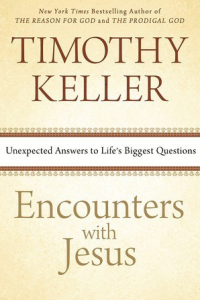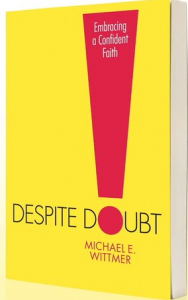Most people think that sinning is the best way to happiness. Otherwise, why would so many spend their days figuring out how to sin bigger and better?
However, sin is the greatest enemy to our happiness, as the Puritan Ralph Venning convincingly demonstrated many years ago. His teaching is summarized below, but his aim in it all was to show that sin is directly “against man’s good, both present and future, here in time and hereafter to eternity, in this life and world which now is and in that to come. It is against all and every good of man, and against the good of all and every man.”
1. It is against God and therefore against ourselves. Sin is our enemy because it is against God, and separates us from God, who is our greatest good and joy.
2. It is against the good of our body. It has corrupted our blood, made our bodies mortal, rendered us liable to and thereby vile. Before this body is laid in the grave, it is languishing, in a continual consumption, and dying daily, besides all the dangers that attend it from without.
3. It is against the good of our soul. A wrong done to the soul is much more to man’s hurt than a wrong done to the body. Nothing but sin wrongs a man’s soul, and there is no sin which does not do so.
4. It is against our well-being in this life. It deprives us of our livelihood, and of that which makes it worth our while to live. Sin is against man’s temporal good, either in taking it from him, or cursing it to him.
5. It is against our rest and ease. It increases our work, makes it harder, reduces our rest, and disturbs even our sleep.
6. It is against our comfort and joy. Both work and children, areas that should have been full of satisfaction and joy, produce sorrow and toil all our days.
7. It is against our health. It is the source of all diseases and sicknesses.
8. It is against a quiet conscience. Its guilt pierces deeply and painfully.
9. It is is against our beauty. There was no such thing as vanity or deformity till sin entered; everything was lovely before, and man above anything in the inferior world.
10. It is against the loving and harmonious co-habitation of soul and body. They were happily married, and lived lovingly together for a while, till sin sowed discord between them, and made them jar. There is now many a falling out between body and soul, between sense and reason; they pull in different directions; there is a self-civil war.
11. It is against our relationships. Our comfort or sorrow lies much in our relationships, but now that which was made for a help proves only too often a hindrance.
12. It is against our being. Sin aims not only that we should not be well, but that we should not be at all. How many it strangles in the womb! How many miscarriages and abortions it causes! Man no sooner begins to live, but he begins to die.
13. It is against our moral good. It has defiled and debased our body and soul, using each for filthy purposes.
14. It is against every faculty, sense, and member of our body: It is not any one faculty only that sin has defiled, but, like a strong poison, it soaks and eats through them all; so that whereas all was holy, and holiness to the Lord, it is now evil, and evil against the Lord.
15. It is against our memory. How treacherous is our memory as to good! but alas it is too tenacious as to evil!
16. It is against our understanding. It has blinded our understanding, and made us ignorant. It has depraved our understanding, and made us fools.
17. It is against our good in the life to come. If sin had only wronged man in this life, which is but for a moment, it would not have been so serious. But sin’s miserable effects are everlasting: if mercy does not prevent, the wicked will die and rise to die again, the second and a worse death.
You want to be happy? Target sin as your greatest enemy, not your greatest friend. It is the greatest obstacle to your happiness in every way.
And that is why we LOVE the name JESUS, for He shall save His people from their sins (Matthew 1:21)! No one in the universe has done more to promote happiness than Jesus. He saves us from the greatest enemy to our happiness, and saves us to holy happiness and happy holiness forevermore.
 Encounters with Jesus by Timothy Keller
Encounters with Jesus by Timothy Keller